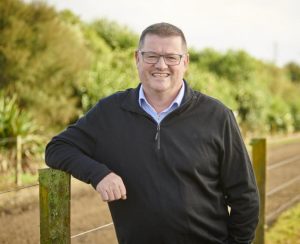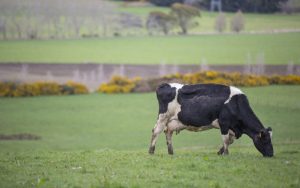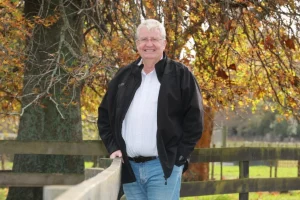
Swannanoa dairy farmer Sam Spencer-Bower, who is chair of the Waimakariri Landcare Trust, says those at the top need to be aware of the strain farmers are facing amid several challenges the sector is enduring.
Spencer-Bower, who says he has battled depression himself in the past, spoke at a conference in Christchurch last month about rural mental health, alongside Waimakariri MP Matt Doocey and eating disorder campaigner Rebecca Toms.
He said extensive administrative duties, brought about by so-called high-handed regulations on farm, and a labour shortage meant he was one of many who spending significant time in the office, as opposed to out on the paddock.
“It’s not really what I signed up for,” he said.
“Farming is becoming more complicated. Everyone is short of staff and costs are going up.”
When it came to environmental and climate change impacts, farmers were not the villains, he said.
“We want to get keep getting better at farming.
“We’re not trying to wreck the environment, but we’ve got so many things coming at us.”
Spencer-Bower said further work was required in developing farmers’ skills in dealing with pressure.
“Some handle it (the pressure) more than others. Hopefully its becoming more commonplace to talk about it.”

The general disillusionment of the rural community against multiple Government policies has reportedly grown in recent times.
This frustration came to a head in November when thousands of farmers took their tractors to the streets as part of the Groundswell NZ protests.
The group has taken aim at several Government guidelines, including National Policy Statements on freshwater and biodiversity, the New Zealand Emissions Trading Scheme and Three Waters to name a few.
Rural Support Trust North Canterbury chair Gayle Litchfield said resilience was prominent among communities, but there was a limit to this.
“People can cope with curveballs,” she said.
“But it’s when you start to layer up the curveballs and then throw a drought on top of that, that’s when people stop coping,” she said.
“Your resilience can still get worn down.”

She suspected the rural community was learning to adapt and community-led agricultural initiatives on the ground were showing a willingness for innovation.
“We’ve been taught a different way, and now they’re wanting that all to change,” she said.
“We don’t have easy access to all that information … we’re farmers, we’re not scientists.”
She said the support trust remained open those “wanting to talk”, a sentiment echoed by the Ministry for Primary Industries (MPI).
MPI’s acting director of rural communities and farming support, Andrew Spelman, said the ministry invested in several programmes to help strengthen the resilience, connectedness and wellbeing of communities.
“[We are] undertaking significant work to support farmers, growers and whenua Māori owners to adapt to change and improve land management practices,” he said.
MPI confirmed this week it had renewed funding for two programmes training farmers, growers and other rural people to manage pressure and adapt to change.
The Agri-Women’s Development Trust has been allocated $339,000 to expand its ‘Know Your Mindset. Do What Matters’ and ‘Our Resilient Farming Business’ programmes.
The Government also announced a $25 million initiative to recruit and train farm advisers who can help farmers meet growing compliance requirements last month.























